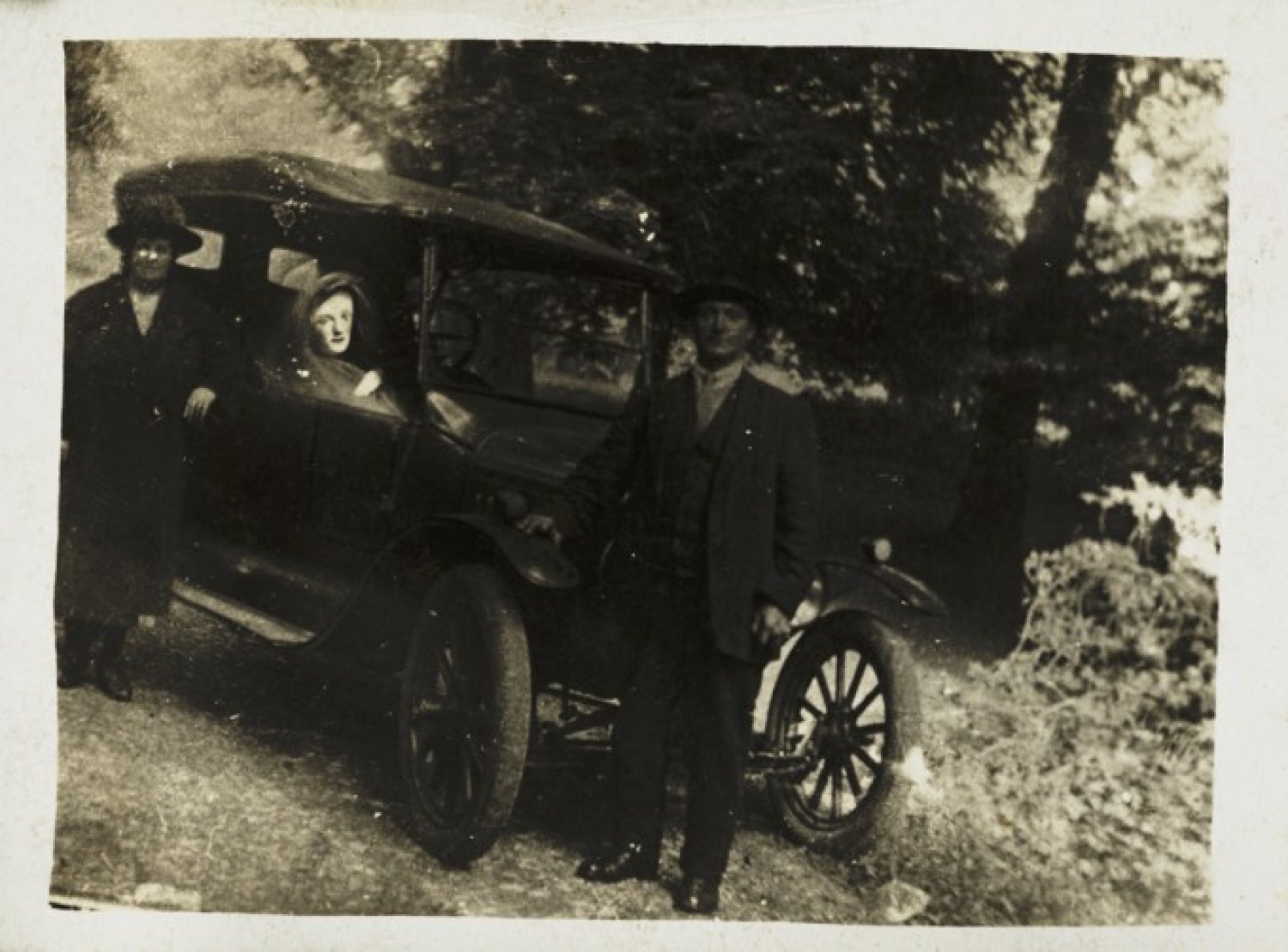![]()
If by “prejudice” Sandel means “subjective understanding,” then I’m not entirely sure it needs defending.
![]()
While architects like Frank Gehry and Rem Koolhaas despise the term starchitecture, it continues to bubble up in our celebrity obsessed culture. How does this term complicate how we talk about architecture and how we understand our cities?

Looking for some stories for Halloween? Start here.
![]()
Noteworthy reads from last week.

Brooks is persuasive about the pernicious consequences of partyism, but I find his explanation for it both baffling and incomplete.
![]()

